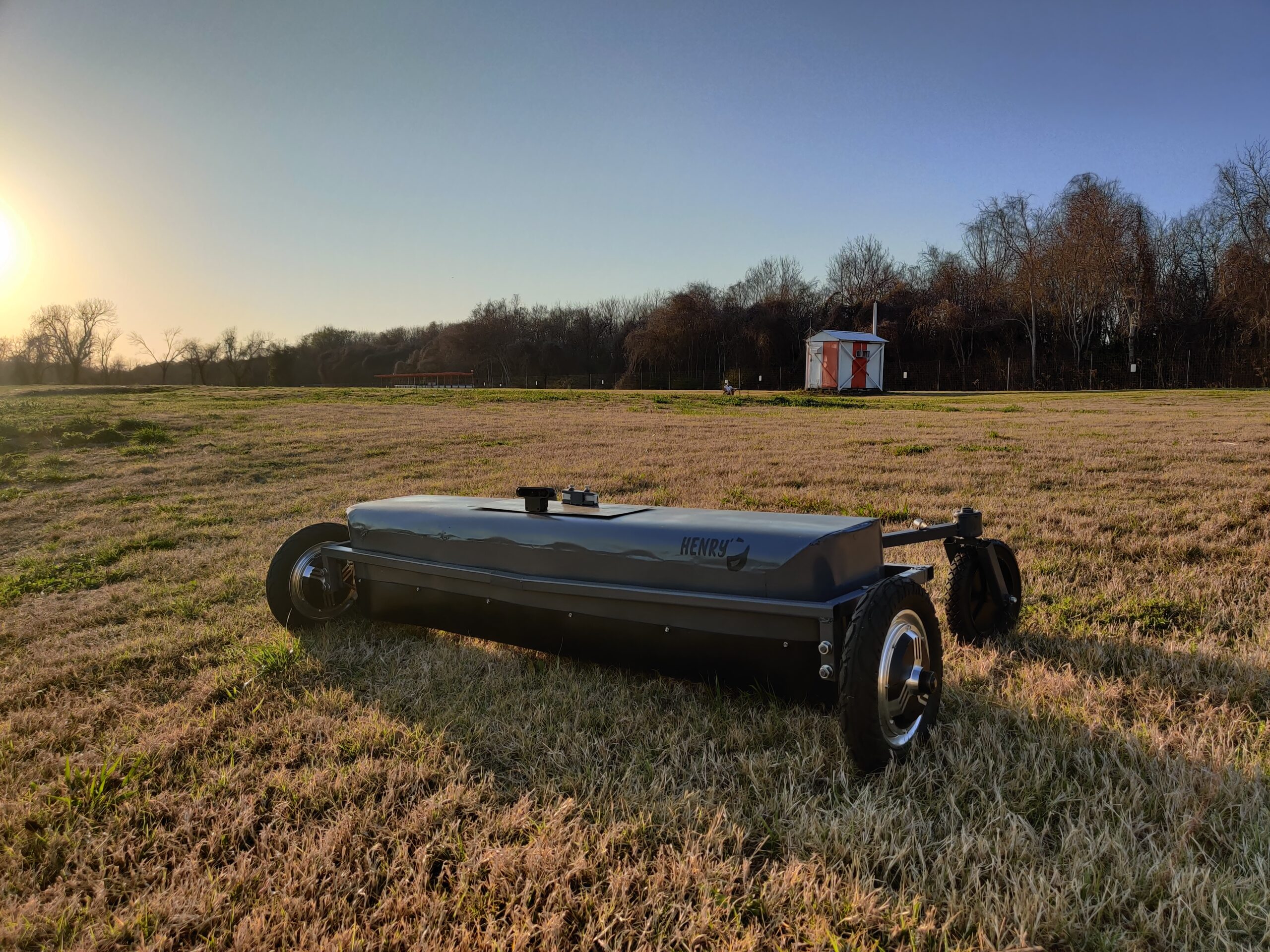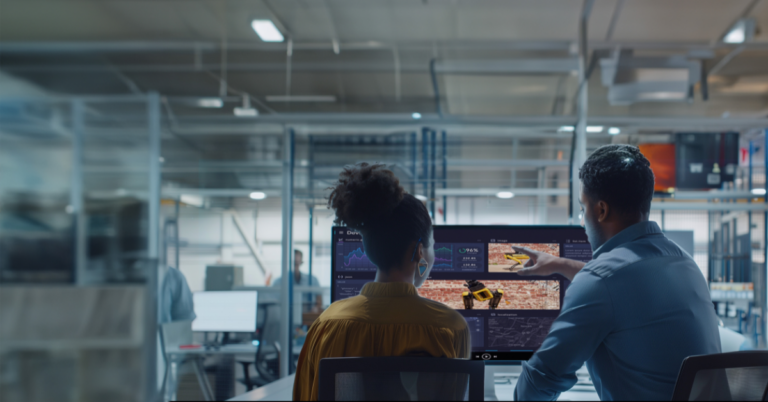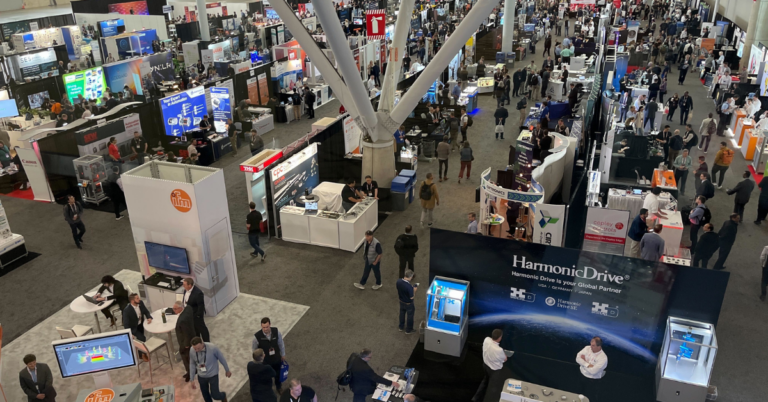In today’s market, reinvention and advanced software are no longer enough to see success. Differentiating a product from the abundant other solutions that exist will take more than simple innovation and a knack for tech, but a broader focus that places emphasis on critical customer needs and viable business models.
Solve a Customer Problem
Historically, robotics companies placed a large focus on software. Although a strong software infrastructure is necessary to have a well-performing robotic fleet, the truth is, the true value of a robot doesn’t always come from added technical features, but the actual market issue it solves.
Instead of focusing primarily on software, at Hire Henry we focused our team’s efforts on developing a full product that addressed the core business challenges that most robotic companies struggle with. The result of this perspective is a practical hardware design, much different from anything previously available in the market- and a strong differentiator amongst similar products.
Now more than ever, the importance for robotic mowing products to differentiate themselves in how they provide value to customers will become all the more important, and software performance alone likely will not be large enough as a differentiator.
Leverage Existing Technologies
Software
Hire Henry was founded on the principal that many core software challenges would be solved with software solutions (SDKs, APIs, etc) that would make going-to-market from a software perspective much easier for many robotics companies.
By selecting the right industry, with the right level of technical challenge and large customer problems, a compelling business could be built with minor software modifications and considerable investment on addressing core business model challenges.
Hardware
One of the biggest reasons robotics companies and startups fail are connected to business model design.
Distribution, cost structure, and go-to-market are all driven by hardware and design, which often takes a backseat to software development. Software plays a small role in addressing issues experienced in these areas, if at all.
The core challenge we’re addressing at Hire Henry via robotic mowers is a labor shortage in greenspace management.
What excites our team most is that the robotic technology has reached a tipping point: the upper limit to how well autonomous robotic software needs to perform for the task of mowing the grass is currently tractable with modules for teleoperation, sensing, localization, architecture, communication, motor control, and more.
Instead of building these subsystems internally, we’re able to leverage partnerships and technologies to get to market quickly, all while being capital-efficient and reducing overall market risk for our investors.
Looking Forward
The proliferation of software tools will undoubtedly invite additional software developers into the robotics space, creating even more tools. As more software tools become available, robotic mowing product and many other robotics applications will greatly increase.
At Hire Henry, we’re focused on developing autonomous robots that can have a profound impact on society within the next year. In order to have a profound impact, scalability and all the factors mentioned above, are imperative, and have helped us at Hire Henry become uniquely positioned to conquer the $100B+ commercial lawn care industry.
About the author
Dr. George Leno Holmes Jr, PhD, is CEO and co-founder of Hire Henry where he leads the company’s R&D and business strategy, vision communication, manufacturing, and sales. Prior to Hire Henry, Dr. Holmes worked in manufacturing and manufacturing automation. His PhD is focused on autonomous robotics and the design of mechatronic products. Hire Henry is a startup developing industrial, fully electric robotic lawn mowers for large green spaces. The company prides itself on developing the future of work for an industry valued over $100B.



